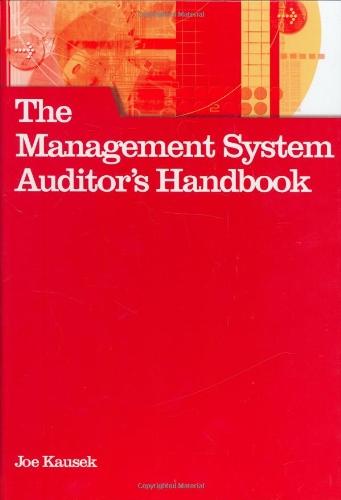Question
26.a. What must a plaintiff prove to succeed in a defendant's negligence claim? A) In order to succeed in an action based on the negligence
26.a. What must a plaintiff prove to succeed in a defendant's negligence claim?
A) In order to succeed in an action based on the negligence of the defendant, the plaintiff must prove the following: 1. The defendant has failed in his obligation of confidentiality; 2. The conduct of the defendant has caused damage and / or economic loss; 3. There is a causal link between the damage suffered and the fault of the defendant.
B) To succeed in a defendant's negligence claim, the plaintiff must prove the following: 1. The defendant had a duty to act diligently and he failed in that duty: 2. The defendant's conduct caused damage and / or economic loss: 3. There is a causal link between the damage suffered and the fault of the defendant
C) To succeed in a defendant's negligence claim, the plaintiff must prove the following: 1. The plaintiff had a duty to act diligently and he failed in that duty; 2. The conduct of the defendant has caused damage and / or economic loss; 3. There is a causal link between the injury suffered and the injury and damage.
D) To succeed in a defendant negligence claim, the plaintiff must prove the following: 1. The plaintiff had a duty to act diligently and he failed in that duty; 2. The conduct of the plaintiff caused damage and / or economic loss; 3. There is a causal link between the damage suffered and the fault of the defendant.
E) To succeed in a defendant's negligence claim, the plaintiff must prove the following: 1. The defendant had a duty to act diligently and he failed in that duty; 2. The conduct of the defendant has caused damage and / or economic loss beyond a reasonable doubt; 3. There is a causal link between the damage suffered and the fault of the defendant.
26.b. Who will compensate Pierre who suffered serious injuries in a road accident in Gatineau?
A) The defendant's insurer who is responsible for the accident suffered by Pierre.
B) Pierre's insurer who will indemnify him and then claim the amounts owed to the defendant's insurer.
C) The Quebec Automobile Insurance Company (SAAQ).
D) The Ontario Ministry of Government and Consumer Services.
E) The Workplace Safety and Insurance Board (WSIB).
26.c. What exception is there in the rule that an agreement is illegal if it tends to compensate a person for the consequences of his own wrongdoing?
A) The main exception to this rule is in insurance contracts.
B) The main exception to this rule is at the level of promises to pay a gambling debt. C) The main exception to this rule is at the level of voidable contracts.
D) The main exception to this rule is in stock market transactions.
26.d. The partner of a limited liability partnership is neither personally nor jointly liable for damages resulting from the fault or professional negligence of another partner:
A) false, his liability is personal, joint and several and unlimited for damages resulting from the professional fault or negligence of another partner.
B) false, its liability is only personal for damages resulting from the fault or professional negligence of another partner.
C) false, its liability is personal and joint but limited for damages resulting from the fault or professional negligence of another partner.
D) true, he is only responsible for his own professional misconduct and the obligations of the company.
E) false, its liability is only joint and several for damages resulting from the fault or professional negligence of another partner.
Step by Step Solution
There are 3 Steps involved in it
Step: 1

Get Instant Access to Expert-Tailored Solutions
See step-by-step solutions with expert insights and AI powered tools for academic success
Step: 2

Step: 3

Ace Your Homework with AI
Get the answers you need in no time with our AI-driven, step-by-step assistance
Get Started


